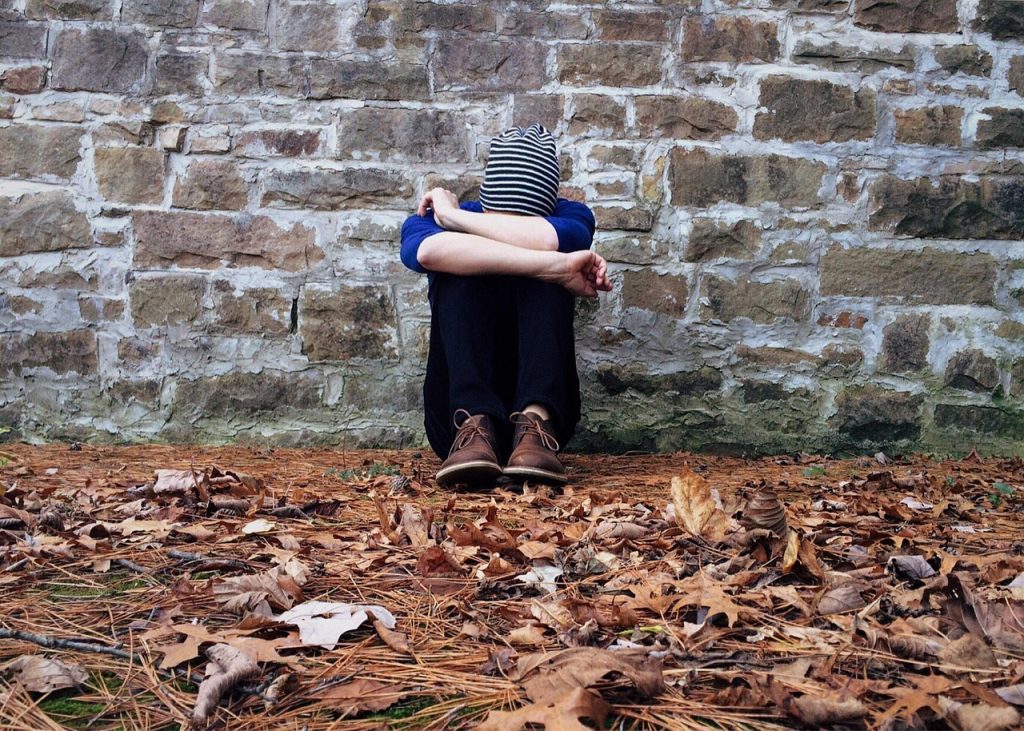You’re surrounded by 8 billion people yet you’ve never felt more alone. You have 500 “friends” on social media but nobody to call during a breakdown. This isn’t your fault—it’s the result of systematic destruction of human connection.
You live in a city with millions of people but go days without meaningful conversation. This is the hidden pandemic killing more people than cancer and making everyone miserable—the loneliness epidemic.
The Brutal Numbers
60% of Americans report feeling lonely regularly. 25% of people have zero close friends—not few friends, literally zero. 54% feel like nobody knows them well, even when married with kids.
Loneliness increases your risk of death by 26%. It’s literally killing you faster than obesity or smoking.
Young adults are the loneliest generation ever recorded. The people who should be forming lifelong bonds are instead forming social media addictions and dying inside.
How We Destroyed Community
Humans evolved to live in tribes of 150 people. Everyone knew everyone. You had a role, purpose, and place where you belonged. That world is gone.
We destroyed neighborhoods: Your grandparents knew every family on their block. Kids played together until dark. Adults helped each other through crises. Now you don’t even know your neighbor’s name.
We destroyed extended families: Multiple generations used to live together or nearby. Grandparents helped raise kids. Family meant support. Now kids move away for college and never return. Grandparents die alone in nursing homes.
We destroyed shared experiences: Everyone used to watch the same shows and talk about them. Now you have Netflix and your personalized algorithm. You live in a custom bubble, sharing nothing with anyone.
Technology Destroyed Connection
Social media and technology promised to connect us. Instead, they taught us to perform instead of relate, judge instead of understand, compare instead of connect.
Social media made everyone fake: Facebook turned friendship into performance art. Nobody posts real life—just highlight reels designed to make others feel inadequate. You’re comparing your struggles to everyone’s curated fake happiness.
Dating became shopping: Dating apps turned love into a catalog. Swipe left, swipe right, treat humans like products. Nobody commits when the next person is just a swipe away.
Communication died: Text messaging killed conversation. Why call when you can send a quick text that maintains emotional distance? Why be vulnerable when you can use emojis to avoid real feelings?
Work became isolation: Remote work finished the job. The last place people formed friendships was work. Now you’re alone in your apartment, talking to screens all day.
Your Isolation Is Profitable
Loneliness isn’t an accident—it’s profitable. Your isolation has been deliberately engineered because isolated people are better consumers and more compliant workers.
Lonely people buy more stuff to fill the emotional void. Retail therapy, comfort purchases, anything to distract from emptiness. Connection doesn’t generate profit margins.
Isolated people work longer hours with no family obligations or social commitments. Perfect wage slaves.
Single people pay more for everything—housing, food, transportation. Everything costs more when you can’t share expenses.
The companies profiting from your isolation are destroying the conditions that create connection. Your misery is their profit center.
Your Body Is Breaking Down
Humans are designed for connection. When you don’t get it, your body breaks down in measurable ways.
Chronic stress from isolation puts you in constant fight-or-flight mode. Your nervous system treats loneliness like a physical threat, flooding your body with stress hormones that slowly kill you.
Your immune system weakens. You can’t sleep properly when you feel unsafe. Isolated people develop dementia earlier and faster.
Chronic loneliness kills you faster than smoking, drinking, or obesity. You’re dying from the inside out.
How to Fight Back
Real connection is still possible. It requires effort, but you can beat this.
Stop relying on digital solutions: Delete social media apps that make you feel worse. Pick up the phone instead of texting. Meet in person. Be present without devices.
Create your own gathering spaces: Host weekly dinners. Start a walking group. Organize game nights or book clubs. Be the person who brings people together.
Invest in real activities: Join clubs, classes, sports leagues, volunteer organizations. Yes, they cost money and time. But they’re cheaper than therapy and more effective than antidepressants.
Practice vulnerability first: Real connection requires risk. Share your struggles, ask for help, admit when you’re lonely. Most people are desperate for authentic interaction but afraid to go first.
Build slowly and consistently: Friendships take time—an average of 200 hours to become close friends. Show up consistently. Be reliable. Invest in people even when it’s inconvenient.
Help others connect: The fastest way to build connections is becoming genuinely useful to other people. Offer help, provide value, solve problems. People bond with those who make their lives better.
Your New Connected Life
When you commit to building real connections:
Your health improves: Depression and anxiety decrease when you have genuine support. Lower stress, stronger immune system, better sleep. Connection is literally medicine.
Your opportunities multiply: Jobs, relationships, adventures come through people, not apps. A strong network opens doors algorithms never could.
Your resilience increases: When you have people who care, setbacks become manageable. Support systems help you bounce back and keep going.
Your purpose becomes clear: Being needed by others gives life meaning. Contributing to community provides purpose that individual achievement can’t match.
The Choice Is Yours
The loneliness epidemic is real, devastating, and designed to benefit others at your expense. But you don’t have to be a victim.
Choose connection over convenience. Choose presence over productivity. Choose community over consumption.
Building real relationships takes time, effort, and vulnerability. You’ll be going against every trend in modern society. But the alternative is dying alone in a world full of people.
What’s one step you’re taking this week to build real connection? The loneliness epidemic is real, but so is your power to beat it.
